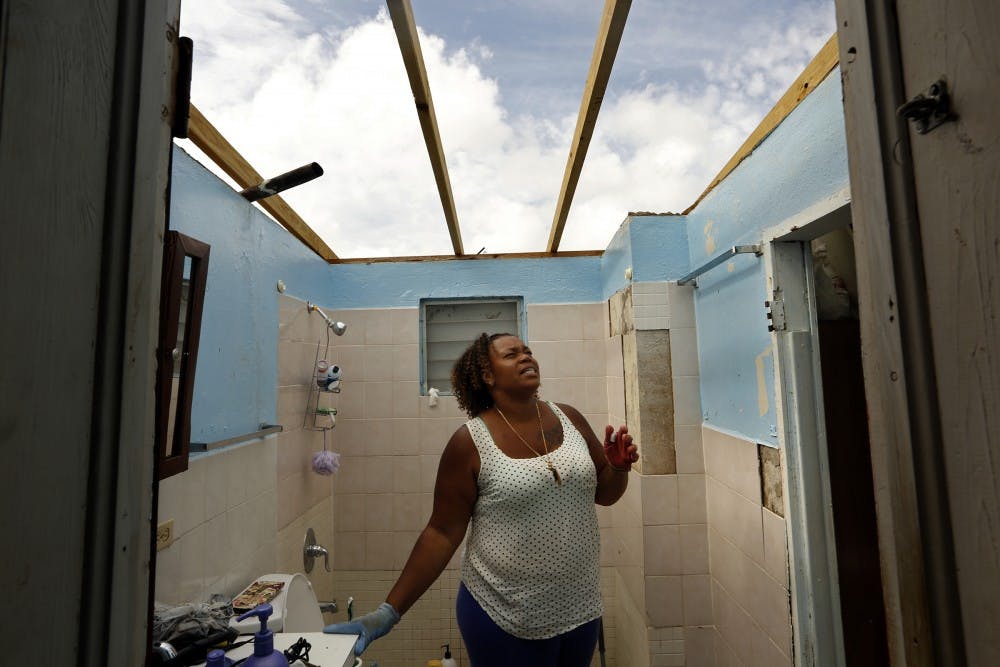When Houston flooded during Hurricane Harvey, there was strong media coverage and a strong national response. The National Guard and FEMA were active in Houston’s preparation and recovery.
“It is imperative that we do everything possible to protect the lives and safety of people across the state of Texas as we continue to face the aftermath of this storm,” said Texas governor Gregg Abbott. Most Americans would read that and be filled with national pride. However, after Irma’s destruction, many U.S. territories are wondering why the same didn't apply to them.
There is real concern that Hurricane Jose could beat relief efforts to the U.S. Virgin Islands. The Secretary of the Department of the Interior, the agency under which the U.S. island territories fall, has not released anything about the islands after the storm. St. John and St. Thomas are nearly destroyed. In a letter to the editor of the Washington Post, an author said, “Many people in the Virgin Islands are terrified and feel forgotten and abandoned.”
While visiting Florida, Trump said that the islands were next on his list for visits, but his response in getting to the continental states was late, so who knows when he’ll make it there. Where is FEMA now? Where are the GoFundMes and congressional statements?
Many islanders feel ignored by the continental United States. They pay taxes, they serve in the military, and they are often used as a bargaining tool in U.S. elections. They are citizens by birth — just as American as anyone born in South Carolina. So why is it that all storm updates, awareness and relief efforts have gone to Texas, Florida and Georgia? It can’t be because they sustained more damage, because the islands got hit by the highest winds and worst floods. Close to one-third of U.S. citizens in Puerto Rico are without power. And though more people live in the affected areas of Florida than live in St. Thomas, the islands themselves are not nearly as well-funded or prepared for disaster and were hit with the worst the storm had to offer.
And that was just Irma. Jose is hot on her heels, with other tropical storms brewing, and people are still without food and water on harder-to-reach islands. The President of France arrived in French territories last Tuesday, and while France didn’t have any other disaster areas to worry about other than the islands, they also had a lot farther to go, and still their president got there.
Meanwhile, though not a U.S. territory, evacuations from St. Martin were reported to have “prioritized white people.” With America’s long history of racism, it’s not unthinkable that this would extend to our own island territories. Fewer than half of Americans know that Puerto Ricans are U.S. citizens. It’s easy for Americans to rally behind continental states like Florida and Georgia, but the islands are left out and ignored even though they’re getting the brunt of the storms.
So what is it, America? Do we not care about the islands because they’re poor or because they’re brown? Because they’re just as American as the rest of us, and just as deserving of aid.

